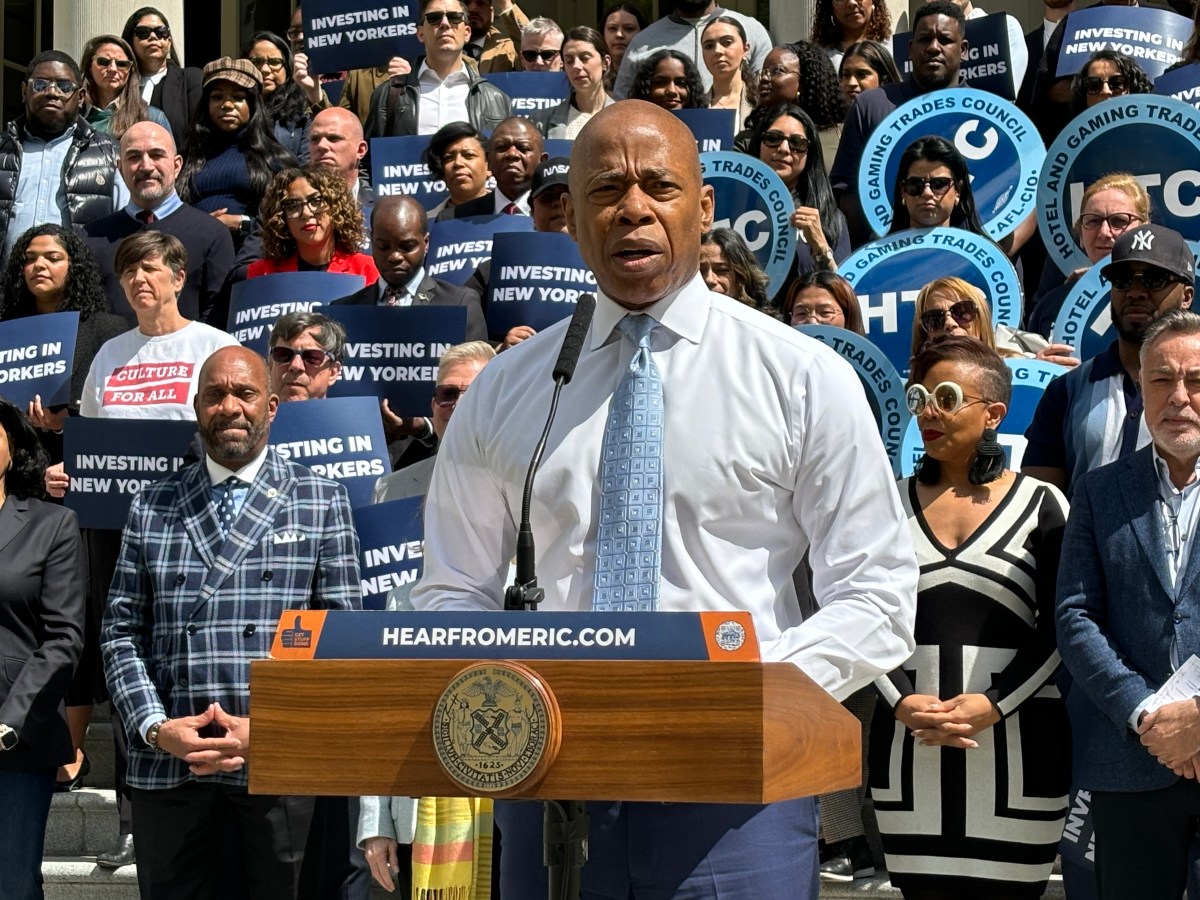“Impact investing” has emerged as the love child from the ever increasing intersection of the philanthropic and business sectors. This is great as new businesses that truly put people and planet at their core will play a significant role in reinventing the world we live in for the better. Companies like Tom’s are proving that you can make a difference in people’s lives and make a profit. Others like the Grameen Bank and Medicines 360 are creating new social enterprise solutions where the profit gets ploughed back into scaling the response to an issue. All are responding to demand from people all over the world that business can and must be a force for good. Check out www.virginunite.com for hundreds more examples of businesses that are embracing these hybrid models and screwing business as usual.
With the buzz around impact investing, investors often search for the “holy grail” of new enterprises that make a significant difference at the same time as making a significant profit. Whilst there are some great new investment opportunities, this narrow focus on new businesses often misses the larger opportunity in our own backyards, transforming existing businesses to put people and planet in a prime seat next to profit.
The good news is that this is good for business. As social media puts power into the hands of people, brands are no longer owned by marketing teams in ivory towers, but instead by people in the streets who expect business to play a positive role in taking care of communities and the environment. A study by Edelman found that in 2012, 76% of people felt it was positive for business to make profits whilst making a difference.
This has grown from 57% since 2008.
Everyone can play a role in shifting existing businesses towards this new way of operating;
people can use their purchasing power, shareholders can demand a new set of rules on how success is measured and companies can take the initiative and turn themselves upside down to put people and planet at the core of all they do.
There are some great examples of companies who are transforming, such as Interface Carpets in the US and Marks & Spencer (M&S) in the UK. Both of these businesses have proven that it was also the right thing for their bottom line with M&S net benefits at an estimated £225m since the 2007 launch of their “Plan A”.
With the scale of the issues we are facing in the world, there is no silver bullet solution.
What is very clear is that business is a significant part of the problem and now must be a significant part of the solution. We need all hands on deck, from the emergence of new good investments to the transformation of existing businesses. That’s one of the reasons we are setting up the B-Team with Richard and Jochen Zeitz (CEO Sport & Lifestyle division and CSO, PPR and Chairman of PUMA) to bring together a powerful group of business leaders to help catalyse a better way to do business. Help us get started by sharing your ideas on how this group can make the most difference: go to ww.bteam.org.
Businesses who don’t move towards this new model will not only not succeed, they will not survive in this new era of radical transparency. Every single one of us can help screw business as usual to create a better approach for business.
So what are you waiting for?
8 steps to change for good
So how does a business go about changing for good? Here are our eight steps for transformation:
1. Define your core purpose – create a clear rallying call that inspires your team to use your core business as a force for good.
2. Change what you value, measure and report – move away from a short term profit focus to a long term people, planet and profit focus.
3. Map your assets – identify everything you’ve got, from people to products to communications
channel and beyond that can be used for good.
4. Mobilise your community – get your staff, customers, suppliers and wider community involved in delivering your core purpose for good.
5. Leverage your products and supply chains – transform your products to not only be profit making centres, but also tools for change in the world. Reinvent your supply chain to do the same.
6. Invest in the ecosystem and collaborate – work with your competitors to turn the industry upside down and create the right environments for “good” business to thrive.
7. Turn up the volume – use your voice to change policy and build awareness.
8. Expand your horizons – extend your business to new offerings and markets where you can make a difference. Reinvent your investment and philanthropic strategies to support business as a force for good.
















